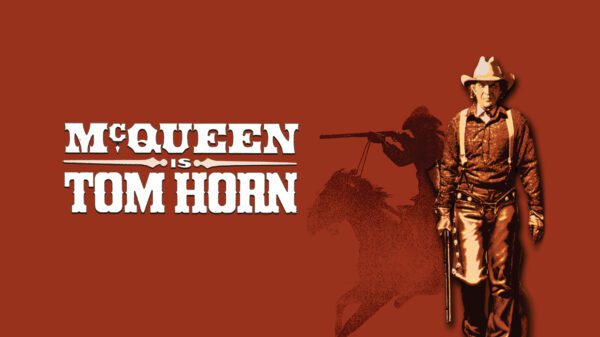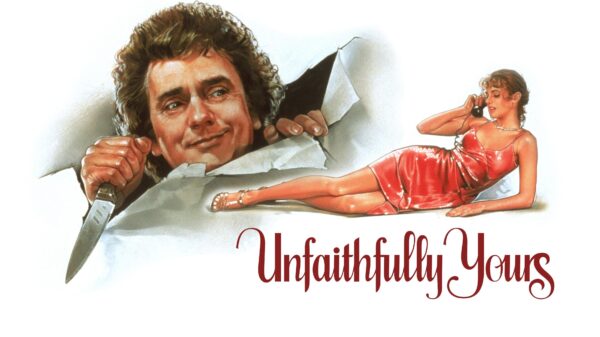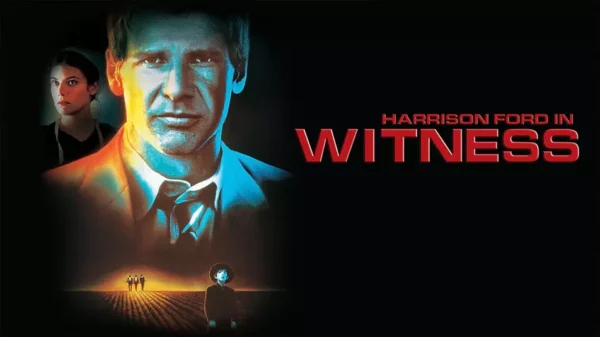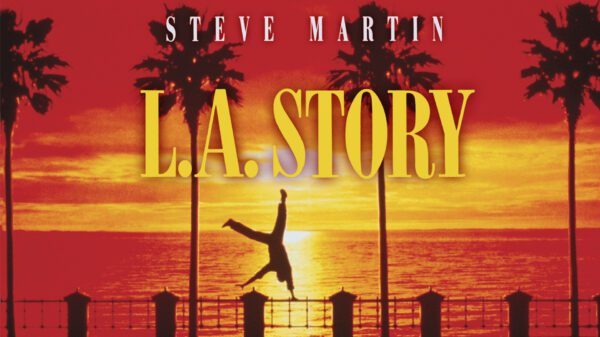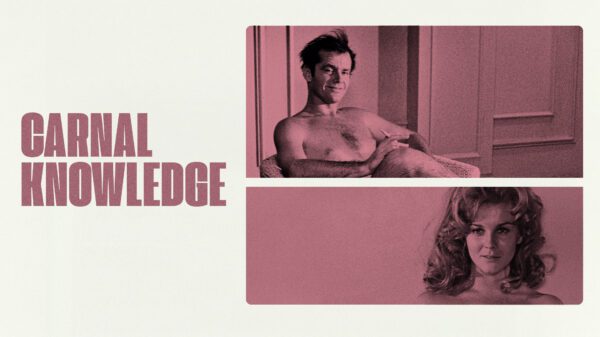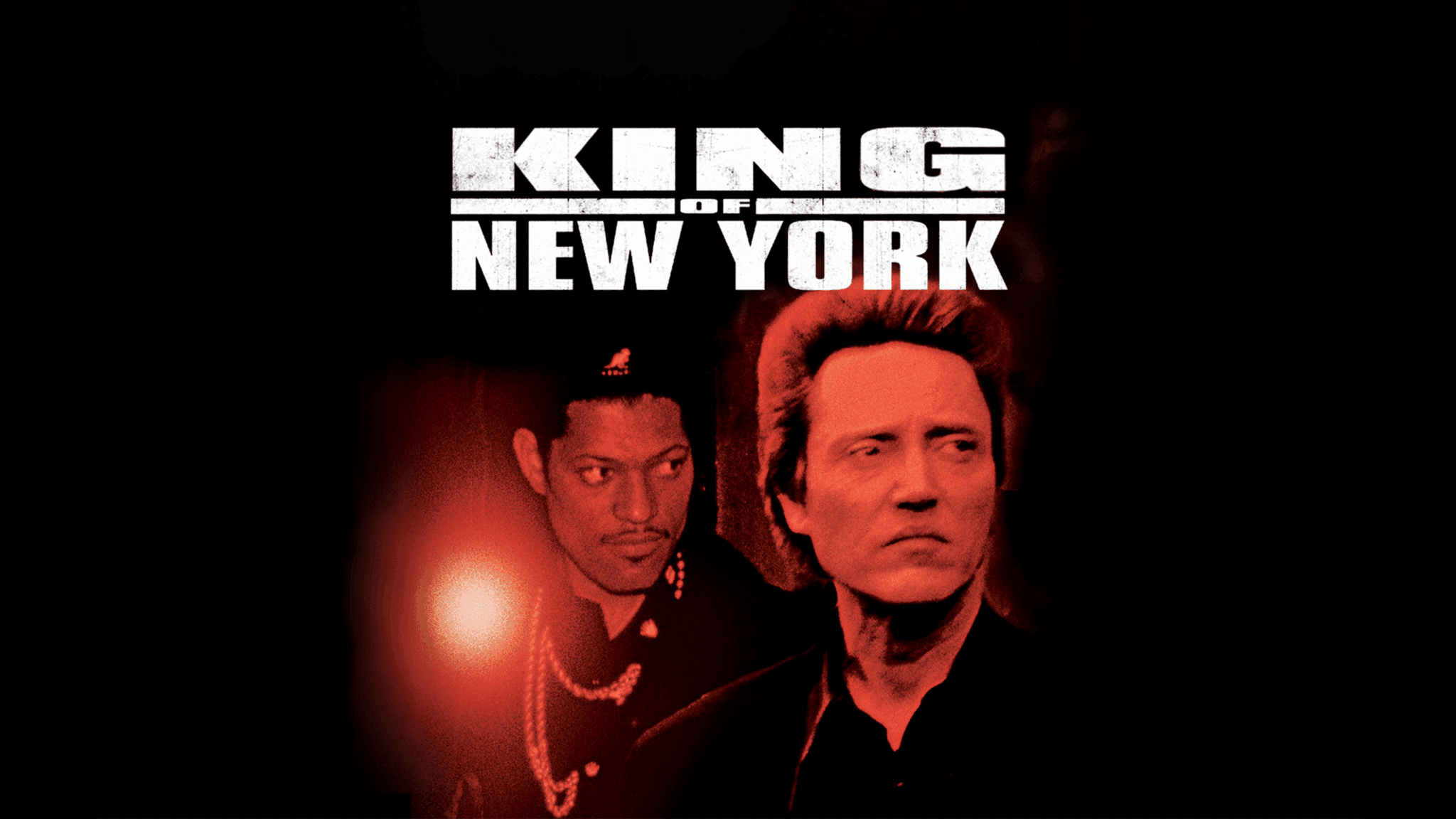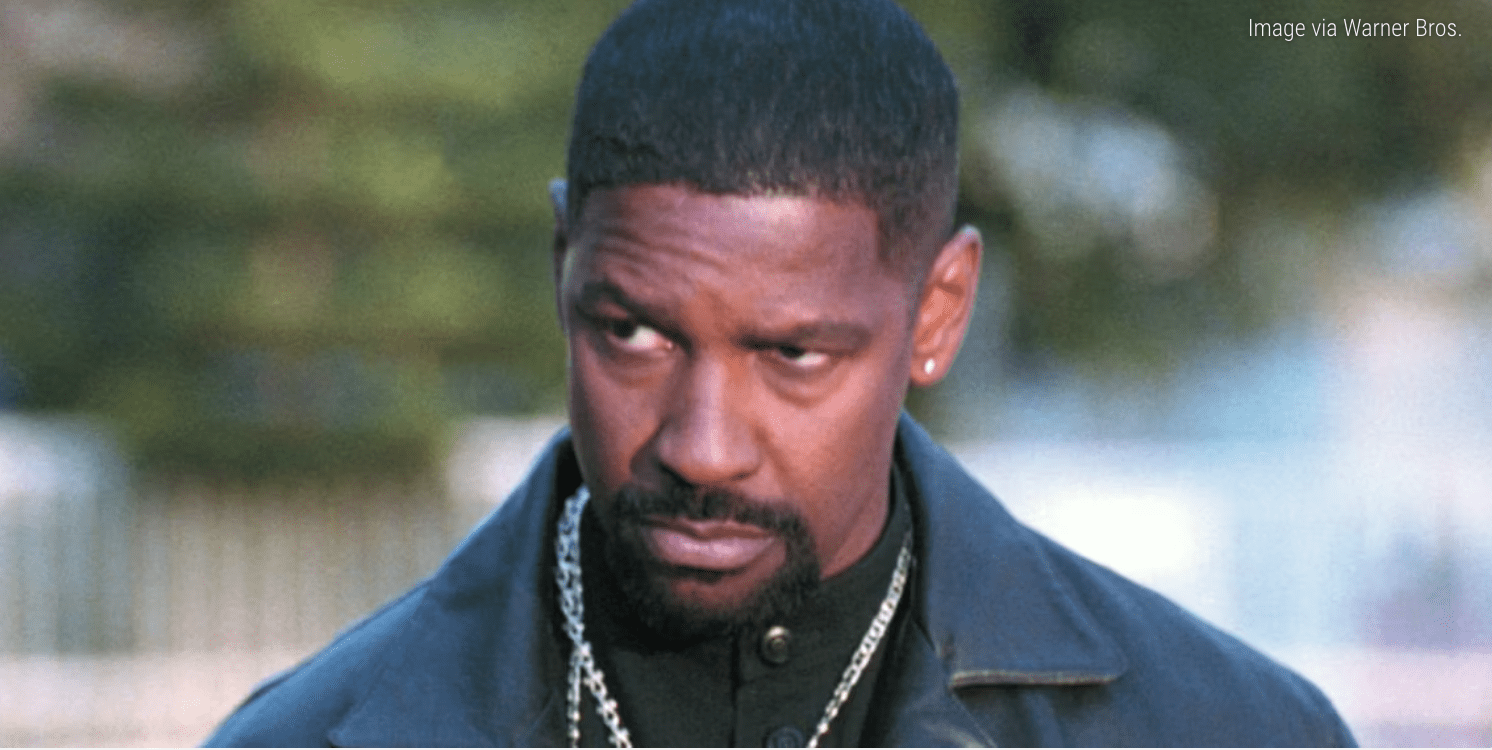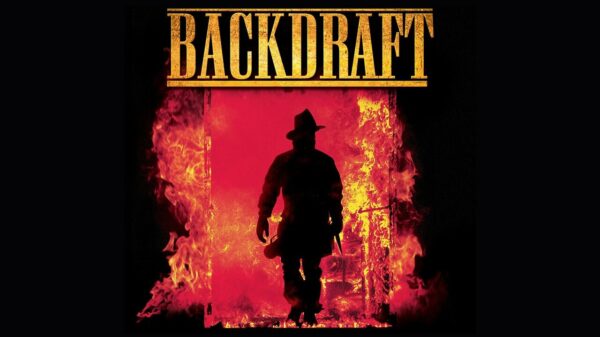Abel Ferrara’s crime drama King of New York, released in theaters on September 28, 1990, is an uncompromising look at the corruption, allure, and inevitable downfall within New York’s criminal underworld. Anchored by Christopher Walken’s chilling performance as drug lord Frank White, the film blends gritty realism with operatic violence, making it a defining entry in the gangster cinema of the 1990s.
Fresh out of prison, Frank White (Walken) returns to New York determined to reclaim his empire and reshape it into something more enduring than a simple drug business.
His vision is two-fold: flood the city with narcotics to strengthen his hold while simultaneously channeling wealth into charitable ventures like hospitals. He straddles the line between ruthless kingpin and self-styled benefactor, seeing himself as a twisted kind of Robin Hood.
But his ambitions place him on a deadly collision course with both rival gangs and the law. At his side are loyal lieutenants played by Laurence Fishburne, Paul Calderon, and Giancarlo Esposito, men who personify loyalty, chaos, and swagger within White’s empire.
David Caruso, Wesley Snipes, and Victor Argo portray the relentless NYPD officers determined to bring him down, growing increasingly frustrated by a system that seems designed to protect men like White.
Steve Buscemi and Theresa Randle contribute smaller but memorable turns, adding layers of texture to the city’s seedy landscape.
Janet Julian, Harold Perrineau and Vanessa Angel round out the cast.
As Frank builds his empire under the neon glow of Manhattan’s nightclubs and hotel suites, his brutality escalates. Friends and enemies alike fall victim to his cold determination, and the battle between him and the police spirals into a blood-soaked war that ensures his reign can end only in betrayal or death.
The film was initially rated X, but was reduced to an R after an appeal with the MPAA.

Wesley Snipes in King of New York (Photo/New Line Cinema)
Performances and Style
Walken delivers one of his career-defining roles, infusing Frank White with charisma, menace, and an eerie sense of vulnerability.
Fishburne’s giddy, flamboyant killer is pure ferocity, while Caruso and Snipes ground the opposing perspective with righteous but bitter energy.
Ferrara directs with a mix of art-house sensibilities and exploitation grit, capturing a New York that feels at once glamorous and rotten.
Reception for King of New York
King of New York grossed $411,597 on its opening weekend, in limited release of 115 screens.
The film would gross $2.6 million in its theatrical run.
Roger Ebert gave the film two out of four stars in his review.
Legacy
Though divisive upon release, King of New York has earned cult status.
Its stylish mixture of crime opera and social commentary has influenced filmmakers exploring urban decay, from Martin Scorsese’s later works to countless hip-hop culture references.
For many, it stands as a quintessential New York gangster film, with Walken’s Frank White towering as both the city’s savior and its destroyer.
The film remains a potent snapshot of 1990 New York—violent, corrupt, and unforgettable.

